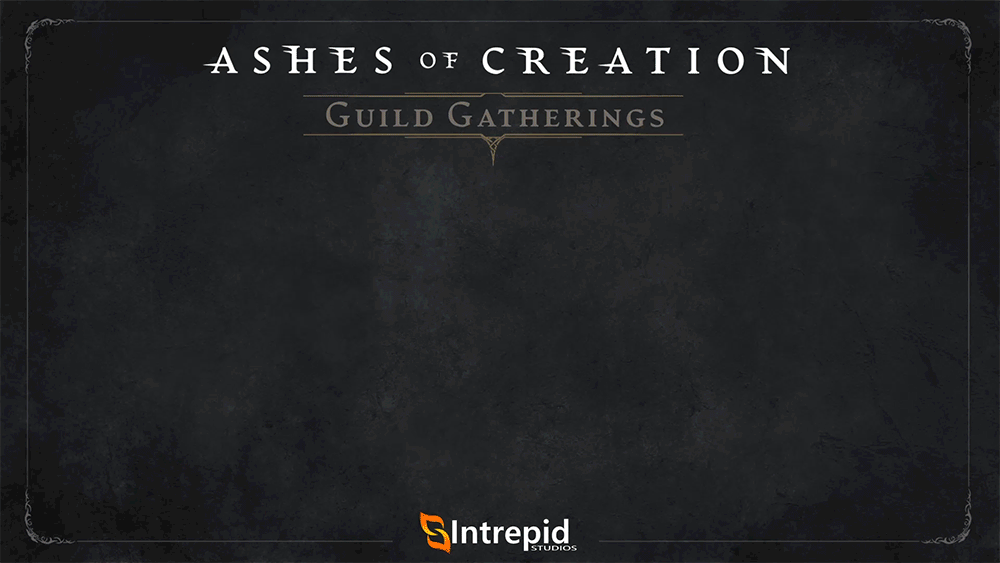
Glorious Ashes community - we're excited to continue our new series called
Guild Gatherings! Guild Gathering topics are a "reverse Q&A" similar to our Dev Discussions, where we ask you about your thoughts on everything related to guilds.
Our team has compiled a list of questions we'd love to get your feedback on regarding guild tools, gameplay, your previous experiences, and more. Join in on our Guild Gatherings and share how your gaming family is special to you!
Guild Gathering #6 - Internal Conflict
What makes a “problematic” member for your guild, and how do you handle situations as they arise? What expectations do you set up front, and what are the consequences for failing to meet them?
Keep an eye out for our next Guild Gathering topic regarding ideal members!
Hi again friends! After going through all the feedback you posted on how you deal with internal conflict your guild may face, check out some of the top notes you shared with us below:
- Many shared that they communicate guild rules and consequences as a condition for joining, including escalating actions and a “trial” process
- Others highlighted characteristics that made for a “problematic member” - from trolls to ninja looters to drama llamas and more
- A few noted that they preferred more “PvP-oriented” solutions to guild issues as they arose